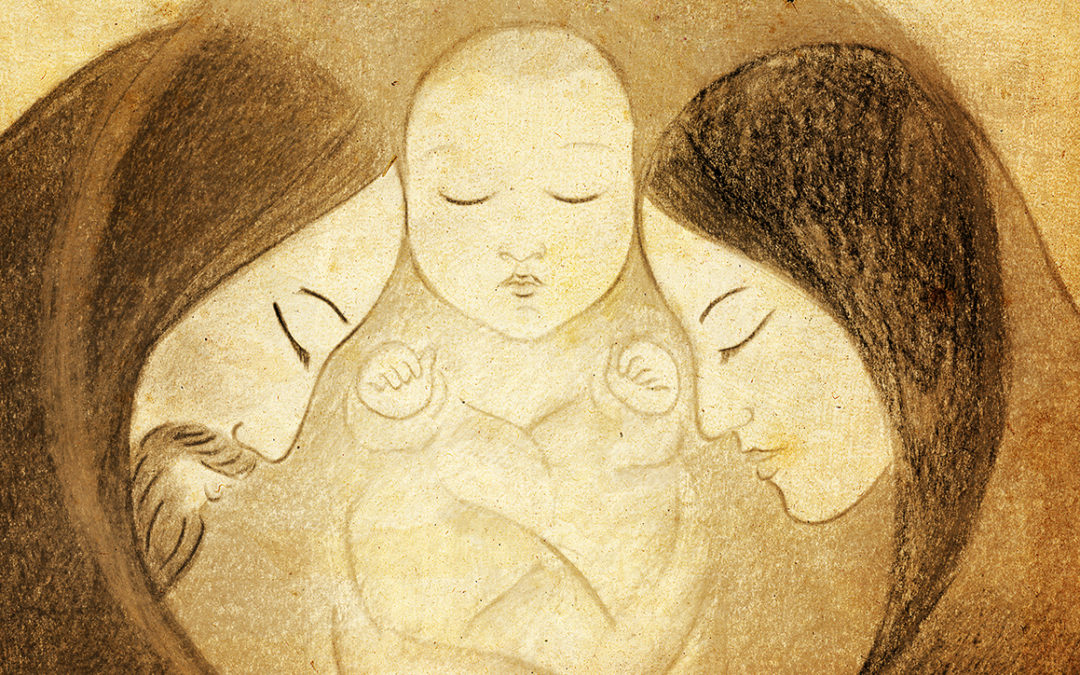I saw a TV show about a Scandinavian woman who was cut off by her parents at age 16 because she wouldn’t live by the strict rules of their religion—one that we would consider a cult. The young woman grew up and had a daughter of her own. When the daughter became an adult, she met the grandmother she had never known and established a relationship with her. The mother—now the one in the middle—rejected her daughter for relating to the hated grandmother.
All of this was disappointing to me, because I thought I was watching a news reporter-police-mystery program, and here it had degenerated into a soap opera. “What an unrealistic scenario!” I thought. “Who would actually play the ‘you have to hate the people I hate, or you’re no friend of mine’ game? It’s so childish!”
Or is it? I mean, it is childish. But it’s also a familiar game, played out in many relationships, or should we say non-relationships.
What causes us more grief than broken relationships? And what season of the year do we feel the pain of damaged relationships more than at Christmas—the stereotypical ideal family time?
This is a sad irony, because Christmas is all about relationship. This is not to say it’s all about family gatherings, spending time with the people you love. That’s a wonderful benefit, but it’s not the reason for the season. No, the relationship at the heart of Christmas is between God and you. This relationship was fractured by sin in the early days of the human race. We are all born with that sad heritage. But God plays no games. He doesn’t hate those who hate him. He re-initiated a relationship with those who had rejected him.
He sent his Son for you. “Today in the town of David a Savior has been born to you; he is the Messiah, the Lord” (Luke 2:11). Born to you! Believe it’s true. Receive that gift-of-grace baby. Accept his gracious invitation to a restored relationship with the God who loves you.
If we have Jesus, will all our human relationships be restored as well? Not necessarily. But the heart of God for our relationships is revealed in John the Baptist’s commission: “He will turn the hearts of the parents to their children, and the hearts of the children to their parents” (Malachi 4:6a). We who are forgiven are now empowered by him to forgive others. We really can ensure that there are no barriers to relationship on our side.
“If it is possible, as far as it depends on you, live at peace with everyone” (Romans 12:18). So, Merry Christmas!
Rev. Brent Juliot is Editor of Faith & Fellowship magazine and serves as pastor of Oak Ridge Lutheran Brethren Church in Menomonie, Wisconsin.

